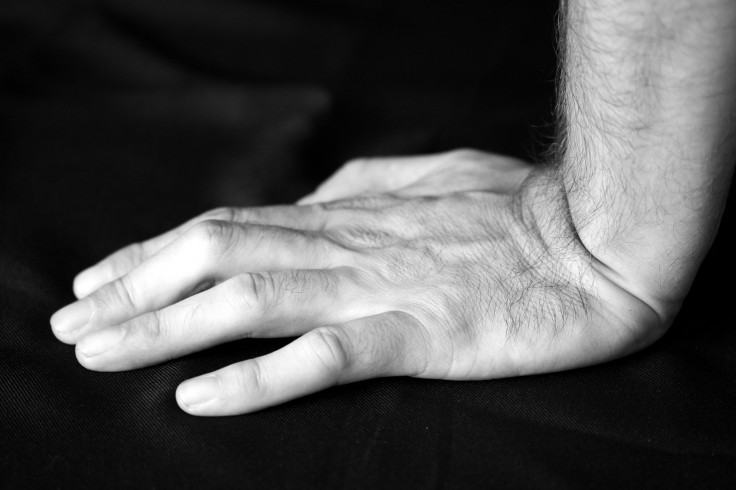Finger length predicts how nice men are towards women

A man's finger length can predict how nice he is towards women, researchers have discovered.
Those with a shorter index finger and a longer ring finger are likely to be more attentive and less argumentative with women than those who have less difference between the two fingers.
Researchers at McGill University, publishing their findings in the journal Personality and Individual Differences, looked at the digit ratio – the difference between the ring and index finger – and how it affects a man's behaviour towards women.
The ratio is to do with the length of the index and ring finger. If someone has a small index finger and a long ring finger, the ratio is low. If they have a long index finger and a shorter ring finger, the ratio is high.
The difference is believed to be related to the amount of male hormones – mostly testosterone – the baby has been exposed to in the womb. The smaller the ratio, the more male hormones.
The latest findings suggest this difference can affect how men behave towards women.
Participants were asked to fill out forms for every social interaction that lasted for more than five minutes for 20 days. They used a check list of behaviours they engaged in, which scientists classified as either agreeable or quarrelsome.
Men with small digit ratios had about a third more agreeable behaviours and a third less quarrels than those with a large ratio. Lead author Debbie Moskowitz said: "When with women, men with smaller ratios were more likely to listen attentively, smile and laugh, compromise or compliment the other person."
Findings showed that men behaved in this way both in sexual relationship and with female friends and colleagues. The men with smaller ratios were also less argumentative with women.
In comparison, men with larger ratios were equally quarrelsome with both men and women. A woman's digit ratio had no effect on behaviour.
Previously, scientists had found men with a smaller digit ratio tended to have more children – something the study findings could help explain.
"Our research suggests they have more harmonious relationships with women; these behaviours support the formation and maintenance of relationships with women," Moskowitz said.
Researchers now plan to look at how male dominance, or competition with other men, varies according to digit ratios.
Study co-author Simon Young added: "It is fascinating to see that moderate variations of hormones before birth can actually influence adult behaviour in a selective way."
© Copyright IBTimes 2025. All rights reserved.






















